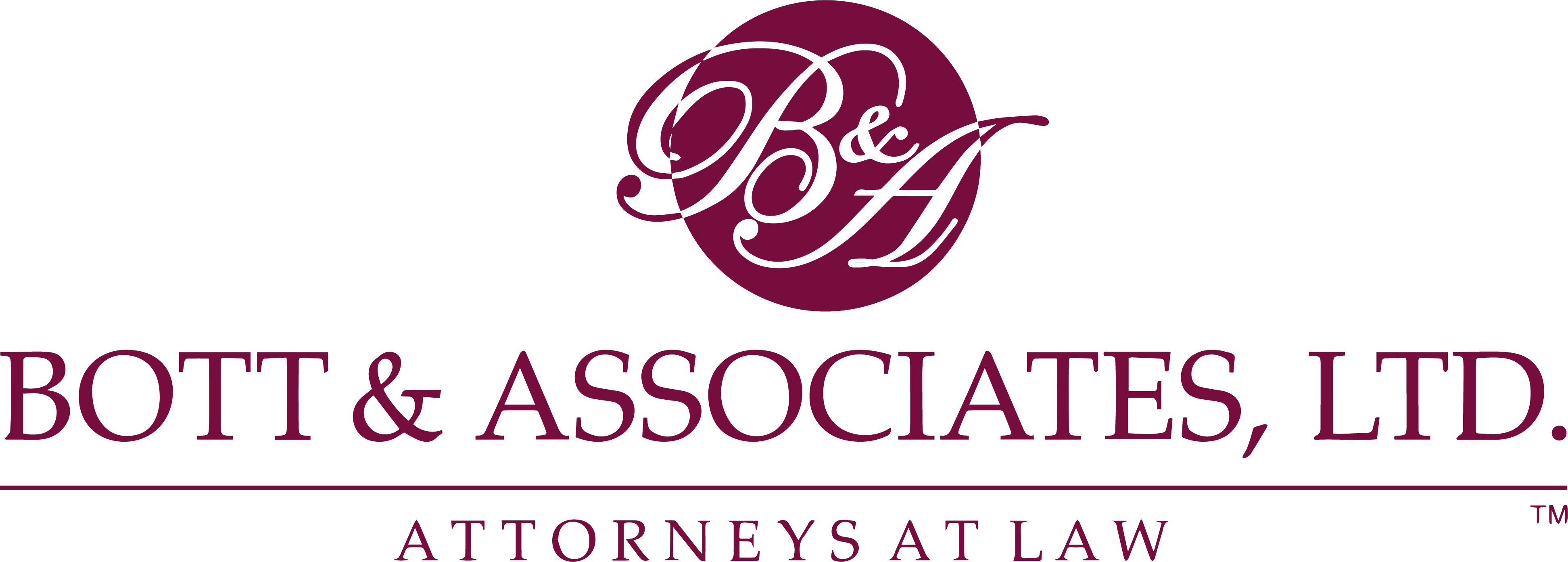The American Academy of Estate Planning Attorneys, Inc. was founded in 1993 as an organization of estate planning law
firms dedicated to providing excellence in the planning process to families across America. Academy law firms have
continued to expanded their expertise and services offered in order to meet the demands of Clients.
In order to make sure Academy Members keep pace with the changing laws and evolving needs of consumers, the Academy
instituted a CLE Requirement in 2002 which requires 36 continued legal education hours per year to maintain their status as a Member in Good Standing.
The Academy also offers a “Fellow” designation to members who meet additional rigorous standards set by the Academy, Board of
Governors and Education Advisory Board. This program was established to recognize members who have achieved a significant amount
of continuing legal education in the estate planning field and those who demonstrate actual practical experience in the total
estate planning, trusts, estate, guardianship and trust administration fields. A Fellow is designated for a period of five (5)
years and this designation must be recertified every five years according to the guidelines in existence at that time.
MEMBERSHIP AND EDUCATION REQUIREMENT:
A Member is eligible to apply upon completion of 5 years of Academy membership. In addition, an applicant must show that they have
met the Academy CLE requirement for each of the five (5) years preceding the application.
PRACTICAL EXPERIENCE FOR DESIGNATION:
An applicant must demonstrate that, within the five (5) years immediately preceding the initial application, he or she has been
substantially involved in the practice of estate planning, trust, probate and guardianship law. Substantial involvement in the area of
estate planning, trust, probate and guardianship law will be met if the performance of the following number of tasks in any four (4) of
the five (5) categories set forth below have been met (task may be counted in only one category):
Category 1. Thirty (30) tax planning matters, tax procedures, or tax returns, for at least twenty (20) separate clients. These may include,
but not be limited to: tax opinions, memoranda advice letters; tax-sensitive wills, trusts, or other dispositive instruments; audits or other
administrative tax examinations, ruling requests; and estate, inheritance, gift, fiduciary, or personal income tax returns;
Category 2. Fifty (50) estate and incapacity plans. Portions of a plan may comprise the following: wills, trusts, guardianship / custodianship
proceedings, documents of title, beneficiary clauses, property agreements, powers of attorney, advanced health care directives, gifts, powers of
appointment, disclaimers, planning for Medicaid, and other public assistance programs, creation of care contracts and various retirement benefit
plans. A single document may not be sufficient to comprise an entire plan. Multiple documents for a client, or for a husband and wife together,
which deal with the same matter would comprise a single plan;
Category 3. Forty (40) trust and estate administration procedures, for at least twenty (20) separate clients, for estate, trusts (court or
non-court), powers of attorney, advanced health care directives, custodianship, conservatorship, guardianships, spousal management procedures, or
other procedures under the Probate Code or other applicable laws;
Category 4. Completed transfers (non trust), by administration or otherwise, of a decedent’s assets upon deaths of forty (40) persons, including
tax issues, tax returns or tax basis problems in at least ten (10) of the completed transfers. These may include, but not be limited to: completion
of probate matters, guardianships, trust terminations, transfer of assets upon terminations of joint tenancy, and summary probate procedures,
including spousal property petitions and transfers of assets by affidavit or other small estate procedures; and
Category 5. Twenty (20) litigated matters, contested hearings, or Court proceedings which are in the nature of settlement of a matter relating to
any of the above categories, for at least ten (10) separate clients. These may include, but not be limited to: will/trust contests, determinations
of heirship, objections to accountings, fiduciary appointment/removal, creditors’ claims, constructive trusts, family protection proceedings, asset
ownership disputes, tax matters, elder abuse, creating estate plans with court oversight and approval, and amendment of or termination of an
irrevocable trust through Court proceedings.
MAINTAINING FELLOW DESIGNATION DURING THE FIVE (5) YEAR PERIOD
In order to maintain the Fellow designation, a Fellow must continue to annually meet the Academy 36 hour CLE requirement. In addition, a Fellow
must maintain their membership in the Academy in good standing.
PEER RECOMMENDATIONS
In addition to the foregoing, the applicant must also provide the names of three (3) professionals (two must not be Academy Members), including
any Judge before whom the applicant regularly appears in Court, who have extensive estate planning or elder law experience and are familiar with the
legal expertise of the applicant and with the ethical character of the applicant. Each professional will be contacted and questioned about the
applicant to determine the quality and character in the community of the applicant. This will ensure that Fellows are held in the highest regard and
maintains the high standard of the designation.
The Academy has provided this information in order to explain what the Fellow designation means and the standards an Academy member must meet in
order to achieve the designation. The Academy can not guaranty the result of any client engagement nor does the Academy act as a referral agency.

